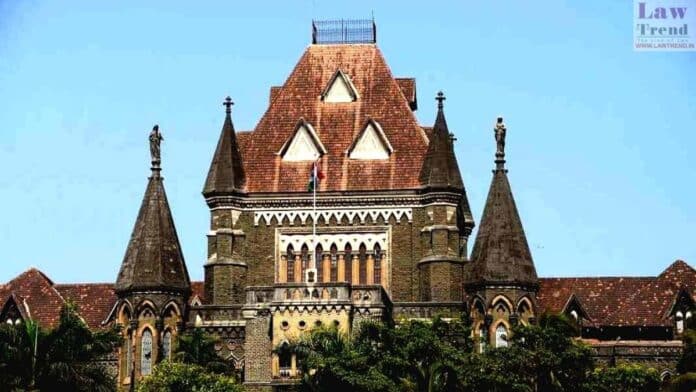The Bombay High Court has upheld a compensation award of Rs 62 lakh to the family of Charu Khandal, an animator associated with Shah Rukh Khan’s production house, Red Chillies Entertainment, who succumbed to injuries sustained in a hit-and-run accident. The court remarked that while perfect compensation is unattainable, fairness must be the guiding principle.
A division bench of Justices Girish Kulkarni and Advait Sethna dismissed the petition filed by Cholamandalam MS General Insurance Co. Ltd, which challenged the Motor Accident Claims Tribunal’s (MACT) November 2020 order. The tribunal had earlier granted the compensation to Khandal’s family.
Khandal, who had worked on the visual effects for Khan’s film Ra.One, was left paralysed from the neck down after a speeding car collided with the autorickshaw she was travelling in near suburban Oshiwara in March 2012. She was returning from a celebration party for her team’s award-winning work on the film. Following five years of living with traumatic quadriplegia, she died of septicaemia in 2017 at the age of 28.
The insurance company had argued that there was no direct nexus between her death and the injuries from the accident, claiming her demise occurred years later. However, the High Court rejected this contention, ruling that the septicaemia was a consequence of her traumatic quadriplegia resulting from the accident.
The court underscored that the Motor Vehicles Act is a “beneficial piece of legislation” and that the fundamental right to a dignified life under Article 21 of the Constitution could not be overlooked. Citing a Supreme Court ruling, the bench observed, “Perfect compensation is hardly possible, but fair compensation ought to be the norm.”
The judges also acknowledged the Rs 18 lakh spent by Khandal’s family on her medical care, which included continuous physiotherapy and the need for a full-time attendant. The court dismissed the insurance company’s attempt to contest the expenses on hyper-technical grounds. “It would be extremely harsh, excessive and rather too pedantic an approach in such matters of life and death if we are to assess every single medical bill with mathematical accuracy,” the bench said.
Describing the case as “a heart-wrenching and tragic saga of a young aspiring professional woman,” the court stated that Khandal did not deserve the suffering she endured.




